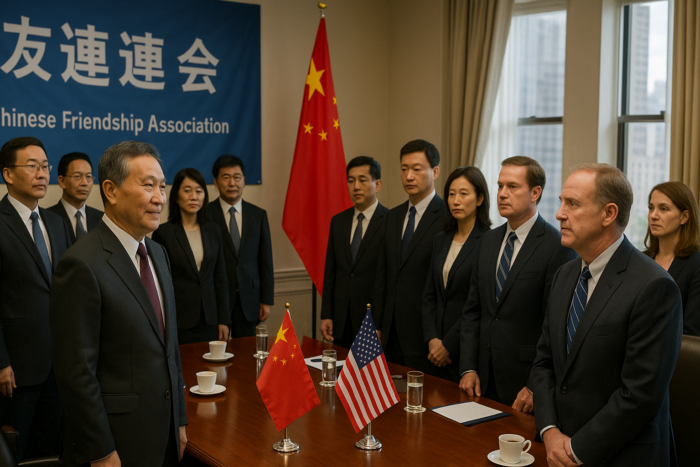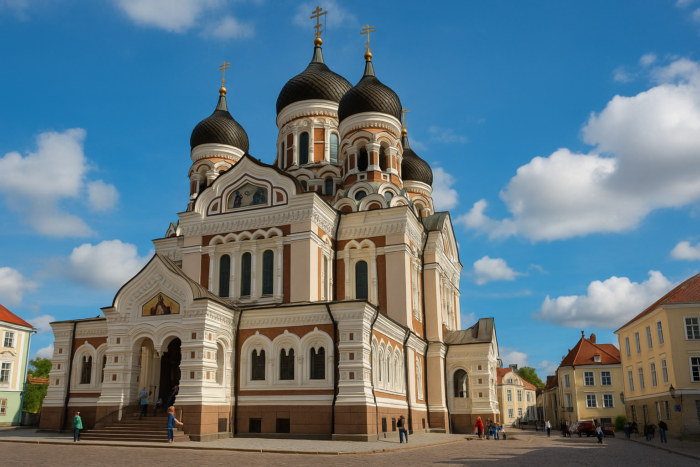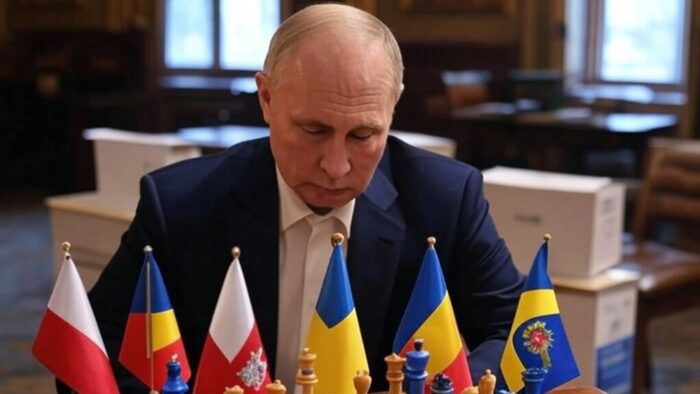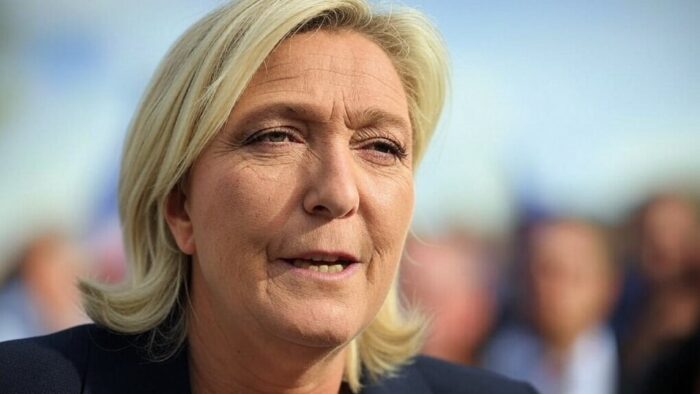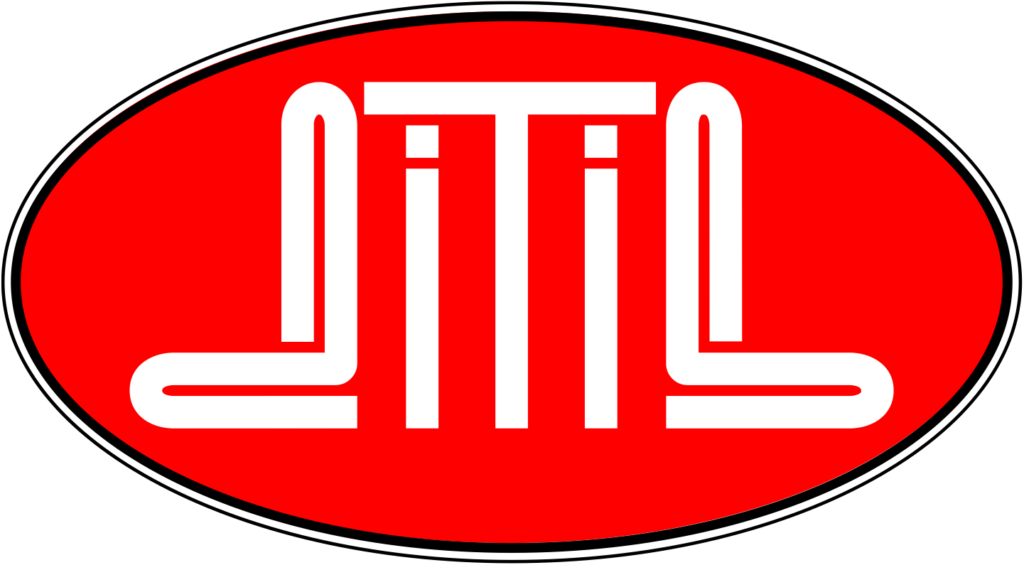Köksal Kuş, the president of a Turkish-European lobbying group, says he visited the head of the Turkish state’s Directorate of Religious Affairs (Diyanet). According to Kuş’s tweet:
We came together with our teacher Ali Erbaş and had consultations on the religious education of our young people in Europe, who are our future.
Read the rest here.
Kuş has presided over the Union of International Democrats (UID; formerly known as the Union of European Turkish Democrats) since 2021. German media reported at the time that Kuş, a radical nationalist candidate, had prevailed in a competitive vote against a more moderate candidate personally proposed by Erdogan. As the Global Influence Operations Report (GIOR) has reported, Kuş was a past member of an organization classified by the German Office for the Protection of the Constitution as close to the far-right Grey Wolves.
The UID describes itself as a voluntary NGO founded in 2004 that operates in several European countries. Its aims include increasing the economic, political, and social activities of Turks and “sister communities” abroad without alienating their identities and values. Its aims also include combatting Islamophobia. German media has described the UID as a lobbying group for President Erdoğan and his AKP, emphasizing Turkish values and customs. The German Office for the Protection of the Constitution monitors the UID, describing it as “nationalist” and incompatible with Germany’s free democratic order. As GIOR has reported, the UID coordinates with Turkish government officials to help President Erdoğan in next year’s upcoming elections.
Diyanet is a Turkish state institution responsible for managing religious affairs. The Diyanet was founded in 1924 to monopolize control of Sunni Islam in Turkey under the state. The Diyanet drafts a weekly sermon delivered at all of Turkey’s mosques, and their imams are civil servants employed by the state. Starting in the 1980s, the Diyanet began to manage mosques abroad and send imams there to promote Turkish Islam. After the Justice and Development Party (AKP) came to power in 2002, it quadrupled the Diyanet’s budget and installed leaders who supported its positions. In contrast, it previously had been secular and independent of state interference. Through organizations such as DITIB, the Diyanet provides imams and pays imams for Turkish mosques abroad, and Diyanet imams have spied on Turkey’s opponents abroad and reported back to the government.
